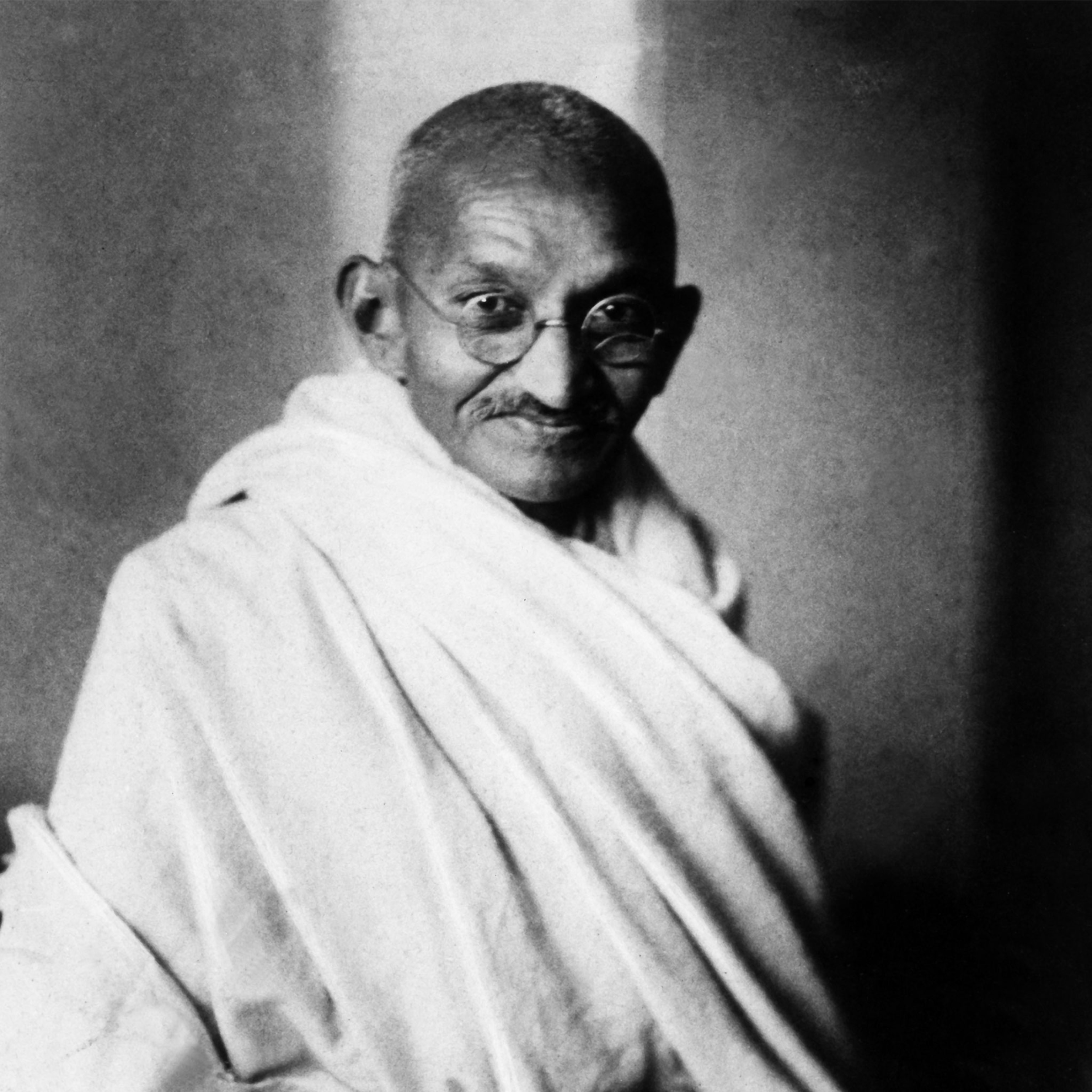While William Shakespeare died 388 years ago this week, the English playwright and poet lives on not only through his writings, but through the words and sayings attributed to him that still color the English language today.
So whether you are "fashionable" or "sanctimonious," thank Shakespeare, who likely coined the terms.
Many of the Bard's verbal gems have been compiled in books like Michael Macrone's Brush Up Your Shakespeare, and Coined by Shakespeare by Jeffrey McQuain and Stanley Malless.
For those with an axe to grind, Shakespeare's Insults: Educating Your Wit by Wayne F. Hill and Cynthia J. Ottchen serves up the best in Elizabethan retorts. (Count a "fool in good clothes" among the choice insults.)
Some may be shocked to learn just how great Shakespeare's sway on everyday sayings has been. Take, for example, these phrases from Brush Up Your Shakespeare:
• Eaten out of house and home
• Pomp and circumstance
• Foregone conclusion
• Full circle
• The makings of
• Method in the madness
• Neither rhyme nor reason
• One fell swoop
• Seen better days
• It smells to heaven
• A sorry sight
• A spotless reputation
• Strange bedfellows
• The world's (my) oyster
According to Macrone's research, some of these sayings have strayed slightly from their original meaning once taken out of the context of the plays in which they first appeared. Others have veered off the path altogether.
Such is the case with "sweets to the sweet." Today the phrase connotes an amorous gesture. Yet originally Hamlet's mother spoke the words in the Shakespeare play to describe funeral flowers.
(Did Shakespeare Hate His Wife? Four Myths About the Bard)
Another example is the modern-day saying "in my heart of hearts." Shakespeare's Hamlet actually used the phrase "in my heart of heart," to refer to his heart's center. This does make more sense: as Macrone points out, it is rather amusing to hear someone imply he or she has multiple hearts when using the phrase as it is known today.
Claims to Coinage
Despite Shakespeare's apparently considerable contributions to the language, Macrone and other academics are quick to caution that it is almost impossible say with absolutely certainty when a word or phrase was first used—or even whom to credit for creating it.
In Shakespeare's case, many of the words and phrases attributed to him merely debuted in their modern permutations in his writings and can actually be traced back to older forms. Other words and turns of phrase are indeed "original," insomuch as they are documented in the written record only as far back as Shakespeare.
Further compounding the confusion, some experts argue that a prime source that attributes many such words and phrases to Shakespeare—the Oxford English Dictionary (OED)—perhaps is itself biased toward the Bard.
Jonathan Hope of the University of Strathclyde in Glasgow, Scotland, writes in his essay, "Shakespeare's 'Native English,'" that "the Victorian scholars who read texts for the first edition of the OED paid special attention to Shakespeare: [H]is texts were read more thoroughly, and cited more often, so he is often credited with the first use of words, or senses of words, which can, in fact, be found in other writers."
Be that as it may, Shakespeare certainly popularized the use of certain words through his plays and poems in a way that has been unparalleled. Perhaps the true brilliance of Shakespeare's wordplay lies in his alternate uses of existing words, such as using a noun as verb. Hope points, for example, to Shakespeare's transformation of "lace," a noun borrowed from French, into the verb "lac'd" (laced).
The Bard also invented "new" words through the creative use of prefixes or suffixes (as in "reword"), and by joining two familiar words to create an unfamiliar phrase, like "fier [fire] new," notes Hope.
"Shakespeare probably doesn't borrow words any more or less frequently than his contemporaries," Hope writes, "but he does seem to be fascinated by … the way meanings can be refreshed and recombined by placing a familiar word in an unfamiliar role."
According to Macrone in Brush Up Your Shakespeare, the Oxford English Dictionary credits Shakespeare as the first to use these words, among others: "arch-villain," "bedazzle," "cheap" (as in vulgar or flimsy), "dauntless," "embrace" (as a noun), "fashionable," "go-between," "honey-tongued," "inauspicious," "lustrous," "nimble-footed," "outbreak," "pander," "sanctimonious," "time-honored," "unearthly," "vulnerable," and "well-bred."
"Faux Shakespeare"
Of course, with such a wide linguistic influence attributed to Shakespeare, it is not all that surprising that the playwright has some notable phrases incorrectly assigned to him as well.
"Just because the Bard was a regular phrase-coining machine doesn't mean he should hog the credit when the facts are against him," writes Macrone in Brush Up Your Shakespeare.
To help prevent embarrassment, Macrone kindly provides a list of "faux Shakespeare" for his readers, including the following familiar sayings:
• All that glisters (glistens) is not gold
• To knit one's brow
• Cold comfort
• (To) give the devil his due
• To play fast and loose
• Till the last gasp
• Laughing stock
• Fool's paradise
• In a pickle
• Out of the question
• The long and the short of it
• It's Greek to me
• It's high time
• The naked truth
While Shakespeare probably made these phrases better known, writes Macrone, they all have earlier documented references.
Regardless of such technicalities, Shakespeare's influence on everyday speech survived the subsequent shifts in language that resulted in the English spoken today. So, to use a familiar Shakespeare phrase, it seems that all's well that ends well.







